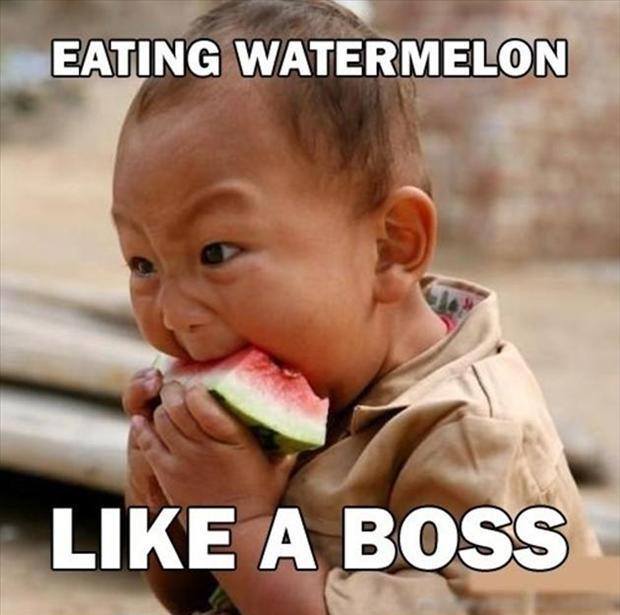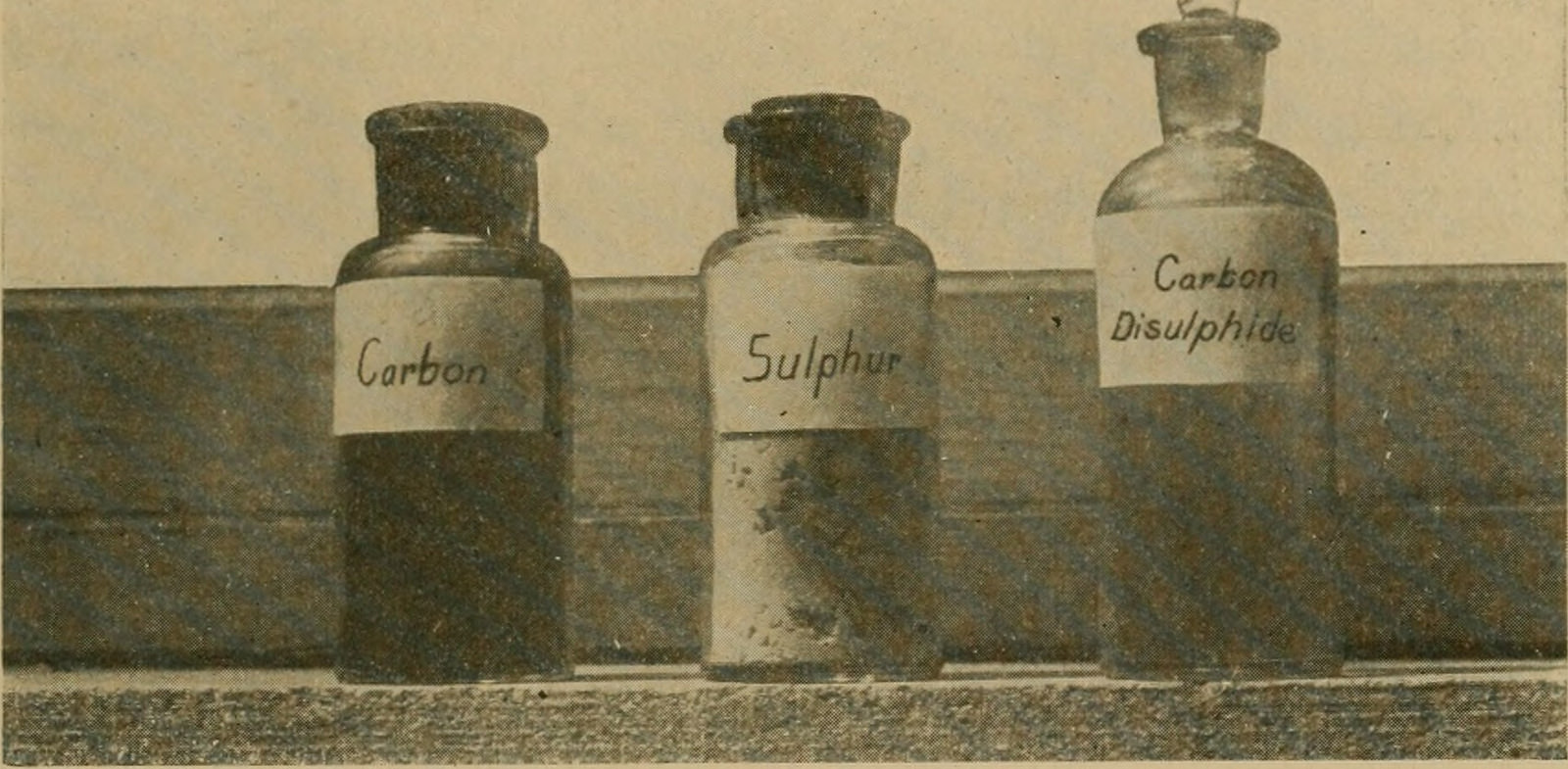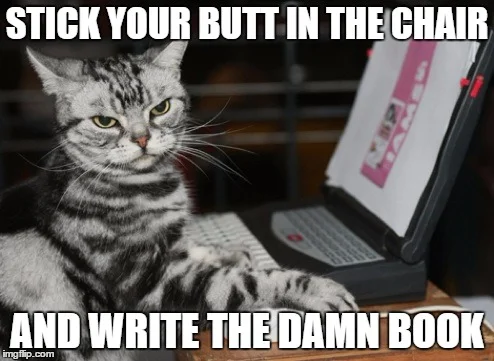Before I get started on the Self-Defeatist Brain Monster I wanted to start with something positive. I know I mentioned them before, but now the set is complete and they look amazing!
In celebration, The Wounded World is FREE this week on Amazon!! Grab your copy today!
Anyway, what I really want to talk about today is being inspired. There are different types of inspiration. For example, people ask me all the time, "Where do you get your ideas?" That's one kind. Then there is the magical lightning bolt from Zeus that magically tells you what art to create. That's another kind. Then there is the kind that is the little things that just sort of help you keep taking the right steps towards achieving your goals.
I don't know where my ideas come from mostly. Sometimes I see a word and it makes me feel different. I don't think I've ever been struck by lightning, though there is still plenty of time for that. But I have begun to learn to seek the third type of inspiration everywhere I look.
There are many ways to get set back when pursuing a dream. For example, going months on end with out a single download of my book--it's rough. Someone saying, "I just haven't had time to read your book" repeatedly, when you would rather they just never talked about it at all unless they had good things to say can be extremely frustrating. A negative review can be thoroughly debilitating, even if it provides solid and helpful feedback.
And then there is the Self-Defeatist Brain Monster--it says things like, "well if no one buys the book then it must suck" (even though, perhaps it's my marketing skills that need work, not the book), or it says, "if you can't get the first three books to sell, why are you bothering to write a fourth one?" (even though I know, intellectually, that the most famous authors of all didn't make it with their first book). It says "that negative review of your book was right!" "You'll never make a living doing this." "You should probably quit while you're ahead." Etc., etc.
We've all been there in one form or another. So we have to do something to fight the set-backs, whether real or imagined. I have a few strategies, and to be honest, they don't always work all of the time. Sometimes none of them work. And in those cases, I just have to keep pushing forward, one step at the time, and hope that time will defeat the Brain Monster for me.
But the first thing I like to do is notice something. I know, vague. But one day a couple of weeks ago I was feeling stressed and overwhelmed, so I convinced myself that going for a walk would be a good idea ("A short walk, though!" says the Brain Monster. "You wouldn't want to enjoy yourself too much when you have work to do"). It was rainy, and I walked by a bush with perfectly shaped droplets of water hanging from the branches. When you looked through them, you could see the whole world in them, but upside down.
It made me happy. And when I went back to work I was a little less tired and a little less stressed. The Brain Monster suddenly started having trouble hanging onto me, and for just a few minutes, it slipped and fell. The world is amazing, if we take the time to look at it. The Self-Defeatist Brain Monster hates that stuff though.
Another strategy is to focus on past successes. I have a couple of ways of doing this. For example, if I accidentally read a bad review of my work (prime feeding material for the Self-Defeatist Brain Monster), I will then go and read all of the positive reviews, and then go read negative reviews of my favourite books by other authors, and it just helps to put the one bad review in context. The Brain Monster hates context. I mean haaaates it. Another thing I do is that every time I receive a new hard copy of a book in the mail, I write myself a little, encouraging note. Then, if I'm feeling like a failure later, I will go back and read them, and try to remember the excitement I felt when it first came in the mail.
A third strategy I use is to know my limits (still working on this). The Brain Monster says things like, "you just have to have a thick skin!" or "you just need to spend more time on it," or just, "it's not good enough until you edit it one more time." But the truth is, your skin is only as thick as it is. You only have as much time as you have. And sometimes I find myself needing to step back and say, "I can't do this anymore." That doesn't mean I can't do anything anymore--just maybe this one thing, or meet this deadline, or read these negative reviews. One thing I have stepped back from is reading reviews: it's fun to read the good ones, but I've learned that for me personally, they don't outweigh the negatives. Instead, I have Josh read them and give me whatever valid feedback is in them, or read them to me out loud if he thinks it would be good for me to hear. I let him make judgments on them, but I don't read them myself. The Brain Monster hates that, and Josh, too--he's too encouraging and supportive.
My last strategy (for today--there are lots more!) is to laugh. Sounds simple. Sounds kind of dumb. But it makes such a huge difference. Laughing for just a minute can ease up so much stress and pressure and the feelings of failure and send the Self-Defeatist Brain Monster scrambling away with his tail between his legs. Sometimes all I do is watch a funny Youtube Video, or tell myself a really dumb joke, or read amusing cat memes on the internet. But every attempt helps.
I think we all have a Self-Defeatist Brain Monster, though some of us are better at ignoring it than others. It's up to us to actively work towards our future, despite the most concerted efforts of the Brain Monster.
Just be like Carl:








































